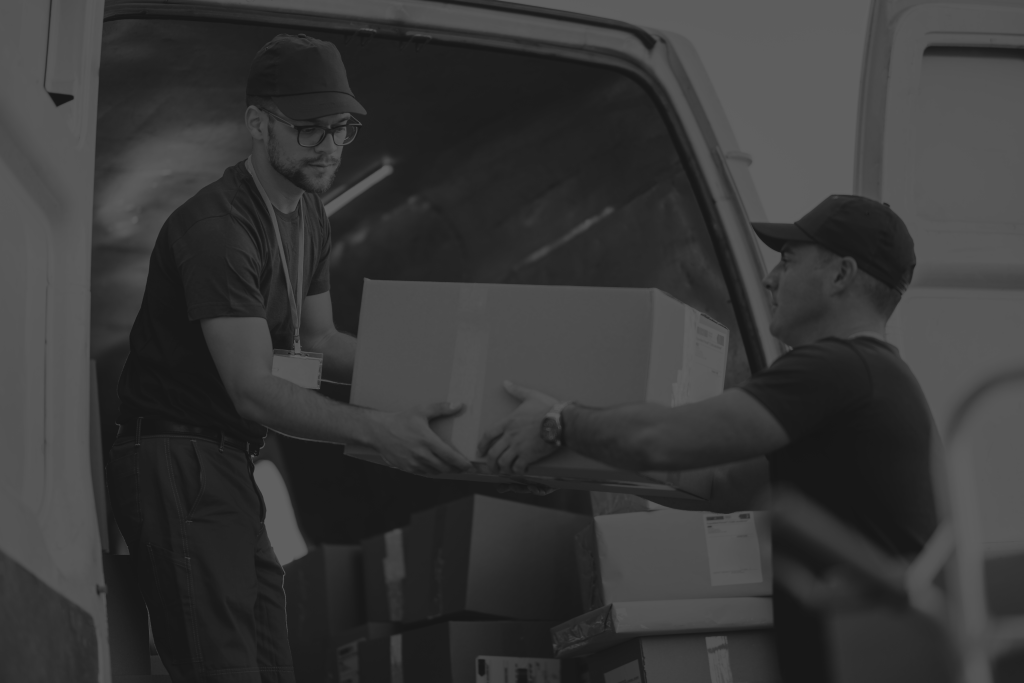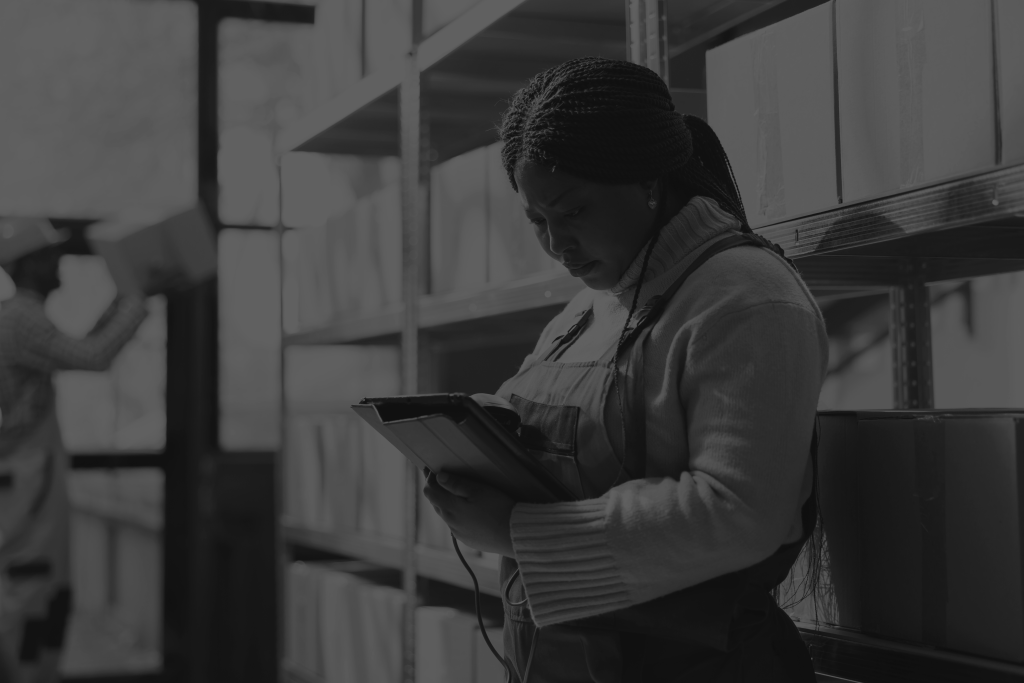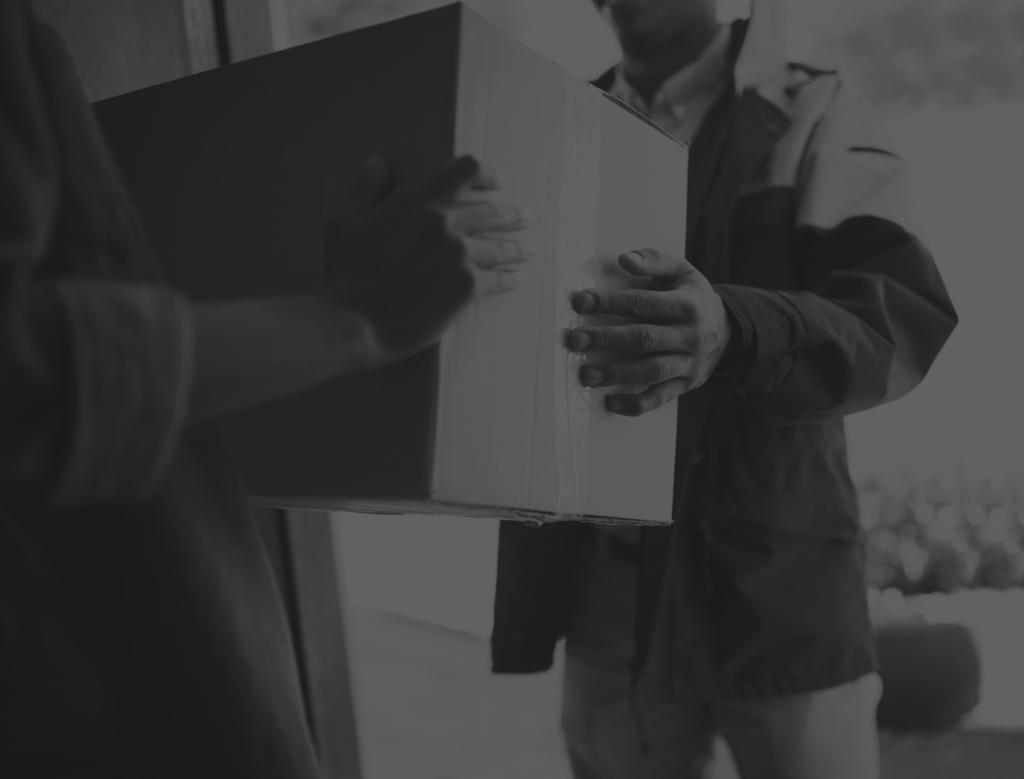Outsourced Delivery: A key to Competitive Advantage

Continuing our series on logistics digital disruption, we explore the effect of outsource delivery in the last-mile delivery models on the logistics sector. Amazon Flex, Hitch and Deliv are all last-mile outsourced delivery services. Their models disrupt the logistics economy and force operators and distributors to rethink how they might compete.
Introduction

As the logistics industry evolves, adapting to emerging trends and technologies becomes crucial for maintaining a competitive edge. Among these trends, the rise of outsourced delivery solutions is reshaping the traditional landscape of logistics management. By leveraging innovative last-mile delivery models, companies can increase efficiency, reduce costs, and enhance customer satisfaction. This introduction will explore how outsourced delivery addresses the immediate needs of urban consumers, but also offers strategic advantages for logistics providers in a rapidly changing market.
What is Amazon Flex?

Amazon Flex is a flexible way for people to earn extra cash. Whether already a delivery driver, or just an ordinary member of the public, signing up to Amazon Flex gives people £12-15 an hour income that can be earned in their spare time – as “gig work”.
Delivery Partners with Amazon work as self-employed contractors. They need a car and a smartphone, either Android or iOS. They are responsible for their own taxes and National Insurance.
Delivery blocks may not always be available to suit preferences, and choosing specific delivery areas is not an option. Therefore, it’s not an assured career – just an ad hoc, informal undertaking. Blocks come in durations of one to four hours, and drivers can schedule for that day or for upcoming days.
Amazon’s Flex app shows drivers which packages they need to deliver, and where, along with a suggested delivery route.
What is Hitch?

Hitch is a US service. It started in 2014, before Amazon Flex. It uses a crowd sourced approach, matching deliveries with people already heading towards the parcel’s destination.
With Hitch, it is the consumers placing the orders that are matched up – not the distributors. So it’s great for delivering already purchased gifts or distributing business documents and items without hiring a courier.
Hitch refers to deliverers as “Travelers.” They can only choose one item at a time for delivery. This means it’s not a fully outsourced delivery opportunity for drivers, unlike Amazon Flex.
The Hitch app is available on Android and iOS, and offers GPS route creation and tracking. Stripe processes both incoming and outgoing payments.
How last-mile outsourced delivery will impact logistics

To offer same-day and next-day delivery without raising prices, companies might need to outsource last-mile delivery to keep costs low.
To meet customer expectations, retailers and distributors are looking to get orders to their customers ever faster. And here, last-mile delivery makes the difference. Speeding up last-mile deliveries or reducing their costs can help, as they are the most expensive and time-consuming part of the fulfillment process.
When digital tech meets retail through outsourced delivery, it boosts the retail industry and benefits customers. This makes products easier, faster and cheaper to get hold of.
To compete with Amazon’s speedy deliveries, distributors will need to access outsourced delivery services to compete. Therefore, it is probable that we will soon see the emergence of companies such as Hitch in the UK.
The Future of Outsourced Delivery

As the demand for faster and more efficient delivery services continues to rise, the future of outsourced last-mile delivery models looks promising. Companies are likely to embrace technological advancements such as automation, artificial intelligence, and predictive analytics to enhance their logistics operations. These technologies make routing faster, improve delivery times, and predict demand better, ensuring packages get to customers quickly.
The role of consumers in the logistics chain is changing. More people are earning extra money in their free time by making deliveries through gig economy apps like Amazon Flex and Hitch. This change creates new jobs and allows companies to adjust quickly to demand changes without needing a big permanent staff.
As these trends grow, it’s important for logistics companies to focus on being efficient and sustainable. They need to adopt eco-friendly methods to reduce their carbon footprint, while still satisfying customers.
Enhancing the Delivery Experience

To keep up in the logistics sector, companies must enhance the customer experience through efficient outsourced delivery services. It’s crucial to provide quick and reliable service, as customers demand it. Using cost-effective logistics solutions and technologies, such as automated tracking, helps simplify operations and tackle delivery challenges. Establishing solid relationships with delivery drivers is essential for ensuring top-notch service that aligns with market needs.
By adopting these approaches, businesses can improve their delivery services, ensuring both customer satisfaction and cost efficiency.
Conclusion
Outsourced last-mile delivery services are changing logistics to meet demands for fast and efficient deliveries. Amazon Flex and Hitch use techno and crowd sourcing to provide flexible delivery choices for customers and businesses.
As companies explore partnerships and innovative strategies, enhancing customer satisfaction while managing costs becomes vital. Looking ahead, logistics providers must integrate sustainable practices to balance delivery urgency with environmental responsibilities, paving the way for a more resilient logistics ecosystem.
Frequently Asked Questions.
Outsourced last-mile delivery involves hiring third-party services or logistics providers to handle the final step of delivering packages from a distribution hub to the customer’s doorstep.
Outsourcing can enhance delivery speed and efficiency by leveraging specialized logistics providers, who are often better equipped to handle local deliveries and optimize routes.